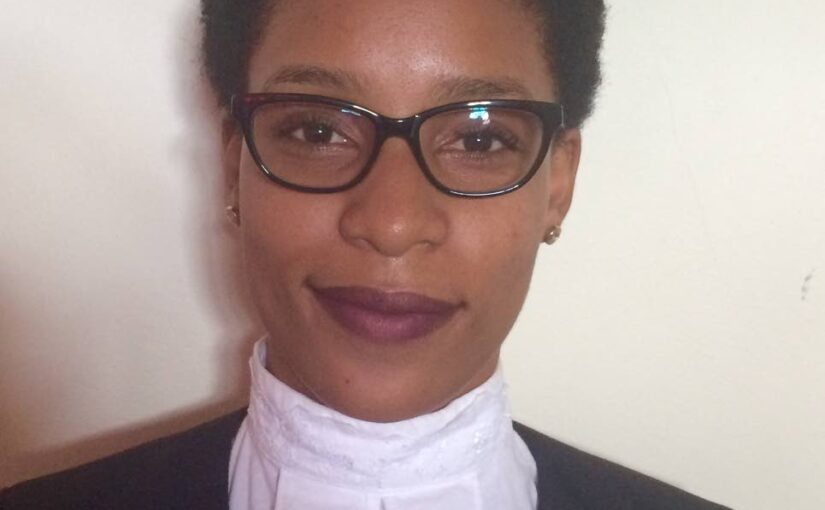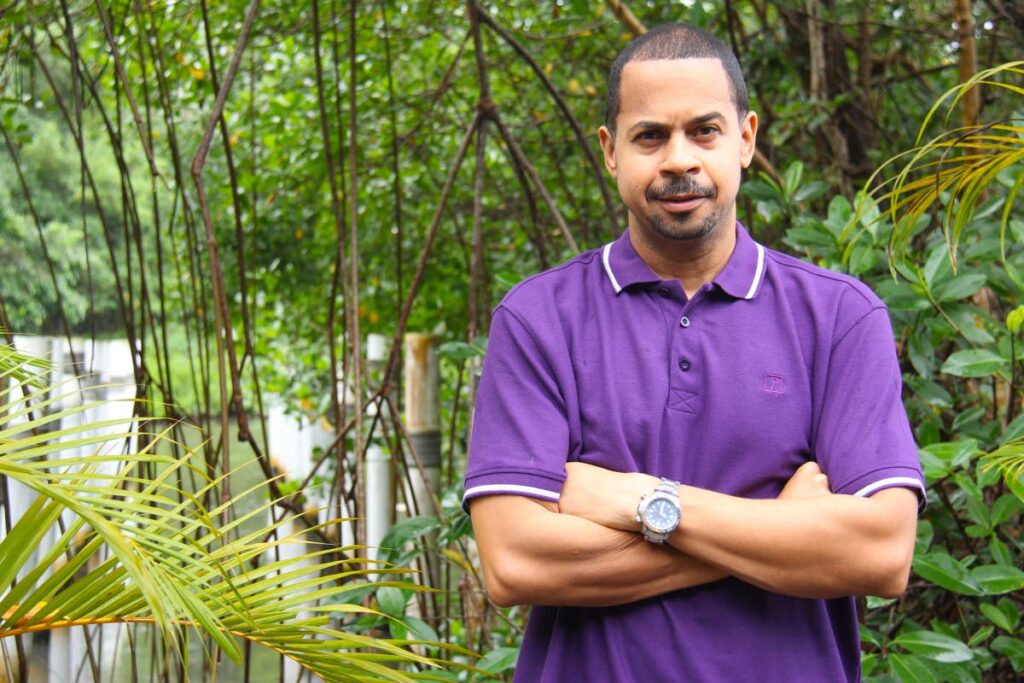Curiosity killed the cat
Written by Newsday on September 11, 2024

Kanisa George
AS WE reach a certain stage in our lives, our perchance for active learning can sometimes start to diminish. And, of course, when you think about how demanding life can be, it’s easy to become stuck in a rut without much thought to anything outside of our often impossible routines.
Truth be told, while most of us remain open-minded about learning new things, whether a skill or a new approach, allowing ourselves the space to absorb a new concept is sometimes the furthest thing from our minds.
Sadly, this predicament isn’t limited to learning in the formal sense. We are so consumed with everything around us that, ironically, we don’t make time to observe and learn about it. And this failure penetrates on a far more visceral level than we realise.
In addition to not remaining accessible to learning about our environment, we lose valuable opportunities to learn about others and the most important person in our lives: ourselves.
In essence, the relentless bombardment of life’s intricacies weighs so heavily on us that we stop being curious.
It is said that curiosity killed the cat, but this proverbial saying is irrelevant when one contemplates a positive desire to know more about oneself and one’s environment.
So, maybe the secret to a fulfilled life is maintaining a sense of curiosity?
It’s an interesting paradox, but even with our full-on lives defined by packed schedules and social calendars, there is a pervasive sense of emptiness that most of us can’t explain.
But why is that? We are surrounded by so much external stimuli and information within our reach, yet we don’t grasp the chance to claim it.
We inaccurately view curiosity as child’s play or only valuable in intellectual discourse without fully appreciating that it is the key to learning in every sense of the word.
Beyond the obvious benefits, curiosity has been linked with psychological, emotional, social and even health benefits and is just as important for adults as it is for children.
Increased levels of curiosity, particularly in adults, are associated with higher levels of positive emotions, lower levels of anxiety, more satisfaction with life, and greater psychological well-being.
Curiosity can also lead to personal integrity, accountability and a more profound sense of self.
Consider this: how often do you stop to reflect on your thoughts, actions and inertia? Or those situations that emotionally trigger you? Can you find the source of your internal conflict, or are you just moving with the unpredictable tide of your emotions?
Believe it or not, remaining curious about yourself and your experiences can sometimes be challenging, forcing you to delve into unsavoury aspects of yourself that you may not want to confront.
But if you’re brave enough to do so and remain open-minded about what you might discover, you’ll be bestowed with the torch of change that so many seek but are unwilling to find.
Turning your curiosity inward can help you better understand yourself and your experience. One writer recommends setting aside five-ten minutes daily to practise attentive self-reflection while you withhold your emotions and observe and understand your reaction to various stimuli, fears, thoughts and moods.
In support of this practice, one researcher credits curiosity with aiding our avoidance-engendering fears. In his analysis of the evolution of self, Leon F Seltzer, PhD, notes that curiosity makes us more adaptable and resilient as we maintain an open mind in confronting our issues. Thus, it enables us to cope more rationally with stress and adversity.
Ian Leslie, author of the best-selling novel Curious, describes curiosity as the unique amalgamation of “intelligence, determination, and a hunger for novelty.”
If we consider the latter, we will come to the notion that curiosity sometimes requires us to step outside the known, beyond our comfort zones, to test our boundaries, discover something new about ourselves, or gain a fresh perspective on a dated scenario.
Healthy curiosity can lead to abundance or a clear realisation of what might not be best suited for you. It’s all about staying open to new experiences and perspectives and accepting what is.
As sound as this perspective might be, we must seek balance. If we allow ourselves to become idly curious or morbidly curious, we can fall victim to information overload, which can hinder our progress.
For example, if we indiscriminately focused on others, we could become tactless, meddlesome and offensive without respecting boundaries or privacy. In other words, we must reach for further knowledge, but not to the extent of becoming too far caught up in the world of discovery, for life requires our attention, after all.
But as Albert Einstein perfectly articulated, “The important thing is not to stop questioning. Curiosity has its own reason for existing. One cannot help but be in awe when one contemplates the mysteries of eternity, of life, of the marvellous structure of reality. It is enough if one tries to comprehend only a little of this mystery every day.”
The post Curiosity killed the cat appeared first on Trinidad and Tobago Newsday.




